Filter by
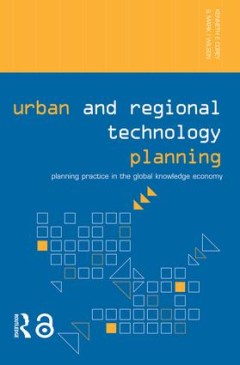
Urban and regional technology planning : planning practice in the global know…
Part of the popular Networked Cities series, Urban and Regional Technology Planning focuses on the practice of relational planning and the stimulation of local city-regional scale development planning in the context of the global knowledge economy and network society. Designed to offer scholars, practitioners, and decision makers studies on the ways of cities, technologies, and multiple form…
- Edition
- -
- ISBN/ISSN
- 9780203799437
- Collation
- xiv, 268p. : ill.
- Series Title
- -
- Call Number
- 303.4833 COR u
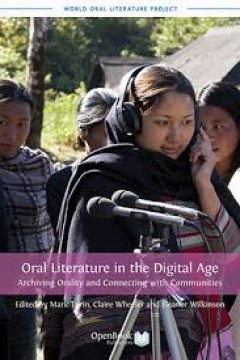
Oral literature in the digital age: archiving orality and connecting with com…
- Edition
- -
- ISBN/ISSN
- 9781909254336
- Collation
- 190 p.; 23 cm.
- Series Title
- -
- Call Number
- 398.2 ORA o
- Edition
- -
- ISBN/ISSN
- 9781909254336
- Collation
- 190 p.; 23 cm.
- Series Title
- -
- Call Number
- 398.2 ORA o
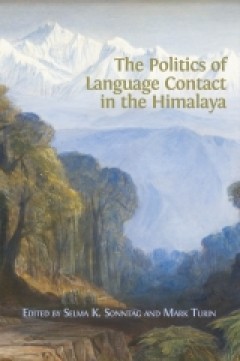
The Politics of language contact in the Himalaya
- Edition
- -
- ISBN/ISSN
- 9781783747078
- Collation
- 200 p.; 23 cm.
- Series Title
- -
- Call Number
- 306.44 POL p
- Edition
- -
- ISBN/ISSN
- 9781783747078
- Collation
- 200 p.; 23 cm.
- Series Title
- -
- Call Number
- 306.44 POL p
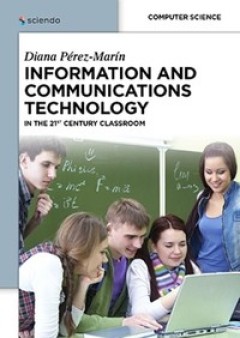
Information and communications technology : in the 21st century classroom
Are you a student who wants to become an effective teacher in the 21st century? Maybe you are a teacher already? Would you like to learn how to take advantage of educational technologies in order to achieve your pedagogic goals? Nowadays, technology is all around us, but how do we, as teachers, make the best use of it?Technology has entered the classroom and most teachers are not trained in usi…
- Edition
- -
- ISBN/ISSN
- 9783110401455
- Collation
- viii, 195p. : ill.
- Series Title
- -
- Call Number
- 371.33 MRE i
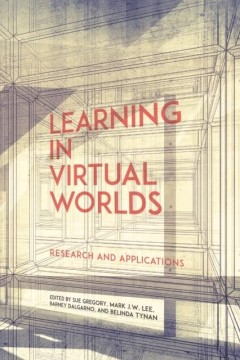
Learning in virtual worlds : research and applications
Three-dimensional (3D) immersive virtual worlds have been touted as being capable of facilitating highly interactive, engaging, multimodal learning experiences. Much of the evidence gathered to support these claims has been anecdotal but the potential that these environments hold to solve traditional problems in online and technology-mediated education—primarily learner isolation and student …
- Edition
- -
- ISBN/ISSN
- 9781771991360
- Collation
- xxvii, 329p. : ill.
- Series Title
- -
- Call Number
- 371.33468 LEA l
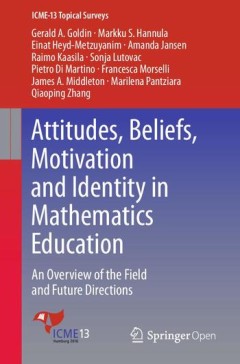
Attitudes, beliefs, motivation and identity in mathematics education : an ove…
This book records the state of the art in research on mathematics-related affect. It discusses the concepts and theories of mathematics-related affect along the lines of three dimensions. The first dimension identifies three broad categories of affect: motivation, emotions, and beliefs. The book contains one chapter on motivation, including discussions on how emotions and beliefs relate to moti…
- Edition
- -
- ISBN/ISSN
- 9783319328102
- Collation
- vii, 35p. : ill.
- Series Title
- -
- Call Number
- 510.71 GOL a
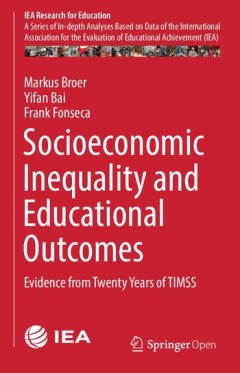
Socioeconomic inequality and educational outcomes : evidence from twenty year…
This open access book focuses on trends in educational inequality using twenty years of grade 8 student data collected from 13 education systems by the IEA’s Trends in Mathematics and Science Study (TIMSS) between 1995 and 2015. While the overall positive association between family socioeconomic status (SES) and student achievement is well documented in the literature, the magnitude of this r…
- Edition
- -
- ISBN/ISSN
- 9783030119911
- Collation
- viii, 83p. : ill.
- Series Title
- -
- Call Number
- 379.26 BRO s
 Computer Science, Information & General Works
Computer Science, Information & General Works  Philosophy & Psychology
Philosophy & Psychology  Religion
Religion  Social Sciences
Social Sciences  Language
Language  Pure Science
Pure Science  Applied Sciences
Applied Sciences  Art & Recreation
Art & Recreation  Literature
Literature  History & Geography
History & Geography